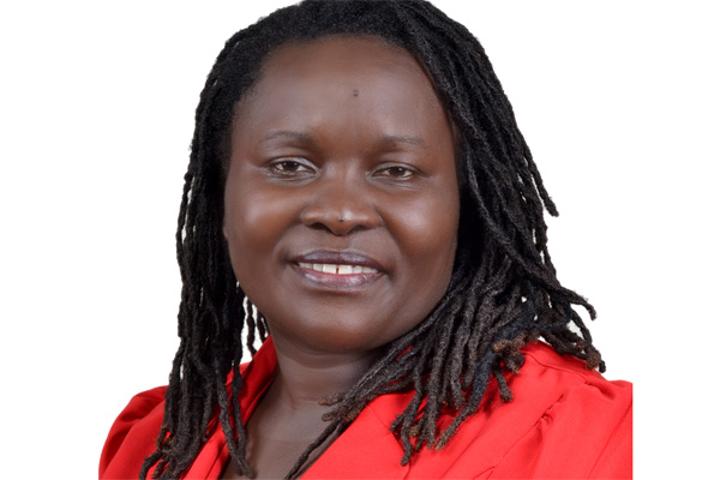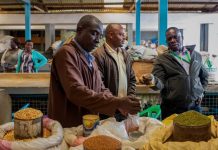Africa-Press – Uganda. When I heard about the shooting of Gen Katumba Wamala, who thankfully survived but unfortunately lost his dear daughter and driver, my first reaction was, ‘who would want to kill the wonderful Wamala?’ My heart was troubled.
For most people, Gen Katumba Wamala is a nice person, period. He knows how to win his way into people’s hearts.
Gen Katumba was recently talking tough to his colleagues in Cabinet and others about the abuse of road signs. He asked them where they want the rest of us small people on the same roads that they push off to go when they go blaring their sirens and madly riding on the road (paraphrased).
He was defending us ordinary road users who seemingly have no rights these days. I felt very happy and wished the appointing authority would not move him yet, that instead of passing that idea on to the next Minister of Works and Transport, he would be the one to pursue its enforcement.
During the State of the Nation Address on Friday, President Museveni made some very interesting observations. He talked of defeating locusts, floods, the rising levels of lakes, landslides, floating islands, among others and mentioned the problem with corruption.
His disdain for corruption was clear and his understanding of it evolving for those of us who have listened to all the days of our lives.
Then for Police, it was not just corruption, but disorganisation too. He noted that ‘The only element to get rid of is the corruption and poor procedures within the Police’ and that ‘the recent shooting of Gen Katumba by the usual shallow actors, showed the poor organisation of the Police.
The cameras I put in place did their work. …These wonderful camera managers, think that the gadgets are only for storing videos for forensic analysis as part of the post-mortem of the operation.’The President’s proposed solution to deal with it is even more interesting.
At least, the President was very honest, that now we need to give people jobs because they have no pressure from poverty, speak Kampala Parent’s English and do not need money because they can afford to work for passion. I wish I can see the evidence that this is true. The creation of the Descendants Resistance Army would thus be a great solution.
But is this a new plan the good President is discussing with his senior daughters or has it been around for years in practice? I am talking about the part about putting people in charge who are from the middle class. There is no need to institutionalise this. It somehow works itself out very nicely and has been working.
A journalist once told me why he was a great journalist – ‘it’s simple, he told me’. ‘I went to good schools. The children of the people whose voices I need are my friends; we are on old boy’s networks together. When I need an interview from their father or mother, I just call them and visit at home, and get the interview from there’.
It is the way he told me this story that bothered me. It was full of pride. He thought that although he was not part of the original descendants of the National Resistance Army (NRA), he had somehow been fortunate to be friends with their children, which in turn had opened doors for him. These groups, he told me were now the ones in charge and would be for the foreseeable future.
From time to time, I see a nice advert for a job in government and contact one of the good people I know or have mentored to apply, knowing they would make a great contribution because they are hardworking and have character. The sad thing is they always tell me, ‘no, that job is not for me, I doubt that I could get it. And they always insist ‘those jobs are for cadres’. They strongly believe that even getting shortlisted for some jobs, is already political.
It is possible the President means well and believes in this solution. Yet, part of our problem today is the disconnect between citizens based on the binaries that cluster people along class and ethnicity, often ‘othering’ one group or the other.
There are solutions backed with evidence to fight corruption. We have not appropriately deployed them, that is corruption has become part of our work culture. Like all deeply rooted culture, corruption is difficult to defeat unless the right medicine is applied, from strengthening institutions to creating a new work ethic and recruiting on merit.
Ms Maractho is the head and senior lecturer, Department of Journalism and Media Studies at [email protected]






